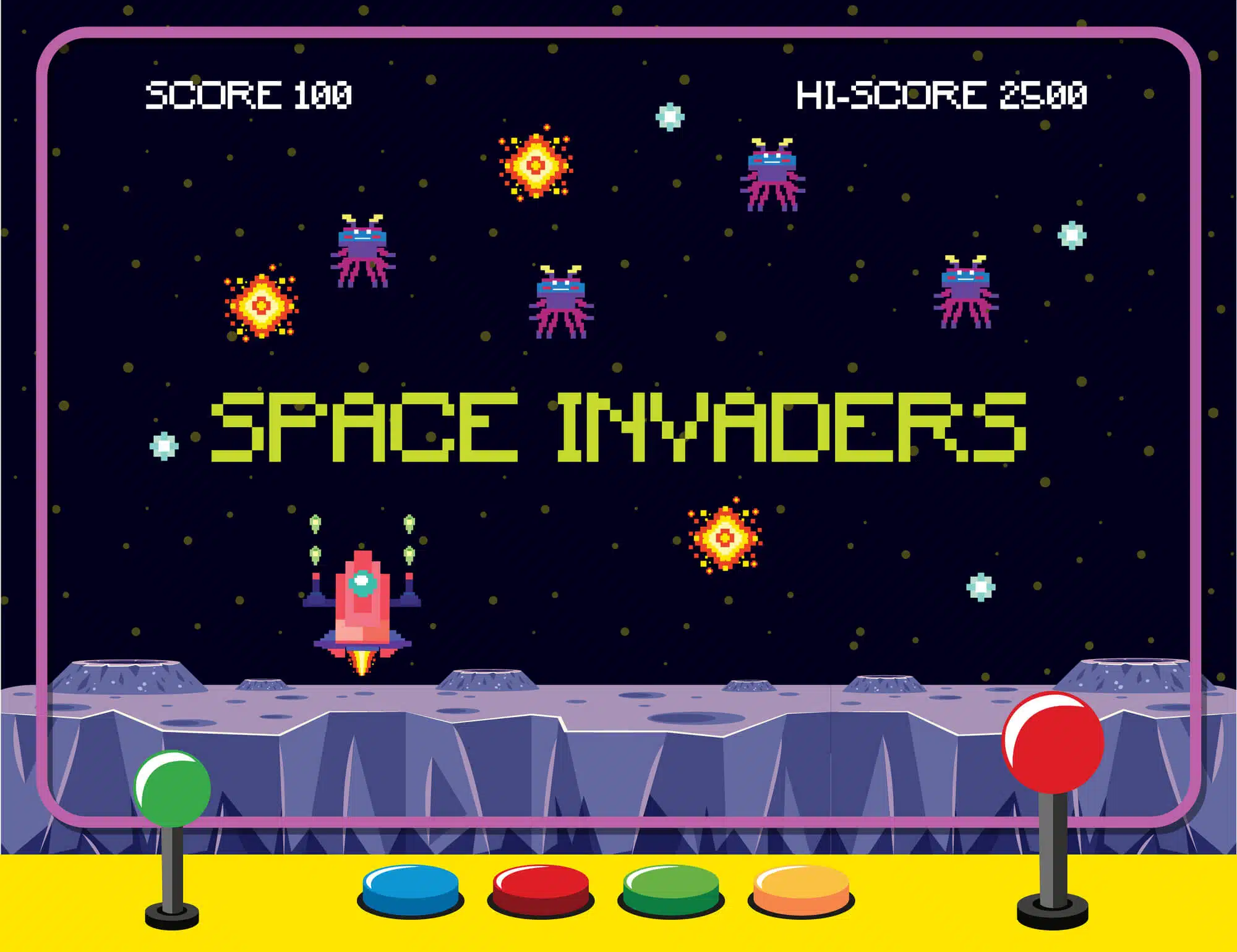The interaction between man and computer grew out of the activities of hackers in the 50s and the books and films that influenced them

Hackers ("hackers"), as we know them today, are able to take control of computers remotely, break into security systems, extract information and cause damage to computer software and network devices. Therefore they are seen as negative factors. Anonymous, for example, is a protest organization of anarchist hackers. They come from different fields and work without revealing their identity. In 2008, many of them began to act and organize for international activist activities; They supported demonstrations and protests through cyber attacks, hacking websites, bringing down computer networks and other cyber terrorist acts.
"In 2012, Anonymous members declared war on Israel and cited in this context the book 'Fight Club' (and not the famous movie based on it). That's how I discovered that they adopted the rules of fight club, which occupy a central place in the book, and adapted them to the rules of the Internet. This is an example of how literature and film influence digital and technological culture. I decided to investigate the connection between the film and the book and Anonymous, which led me to my current research", explains Prof. Naomi Mandel, a researcher of literature and culture from the Faculty of Humanities at the Hebrew University of Jerusalem. Scientists examine Spacewar, an interactive computer game from the 60s inspired by science fiction books (Courtesy of the Computer History Museum)
In her research, which won a grant from the National Science Foundation, Prof. Mendel examines the way in which literature and cinema influence digital culture and technology, and vice versa. In doing so, she analyzes representations of hackers and other computer people such as programmers, gamers and coders, since the early days of the computer in the 50s. It focuses on the press, literature and cinema that influenced and still influence the actions of hackers, that is, on our contemporary technological world. The phenomenon of hackers developed already in the 50s, at the beginning of the computer age. "The hackers of that time developed a direct, sensual and intimate relationship with the computer - they wanted to touch it with their hands and get to know it closely - which led to the development of the personal computer we know today. Why did they want to touch him so much? Perhaps because they read about it in science fiction literature or watched science fiction films from the early 20s to the 30s and 40s, when the genre grew. The magazines and films that dealt with it were very accessible to children and youth, they read and watched them and then, in the 50s, they came to study at universities, studied computer science - and became hackers (that's what they called themselves)," explains Prof. Mendel. "Those hackers of the 50s are the source of the symbiosis between man and computer that exists to this day."
In her current research, she looked for expressions of this symbiosis in books and films released in the 20s to the 80s (when awareness of the personal computer increased significantly, which marked the beginning of the next era). These studies show that through those books and movies the hackers got the idea of touching the computer and being intimate with it, which contributed to the development of the technologies that make this possible. This way she also finds additional launch points between literature, cinema, digital and technology. Her research tools are digital archives - which include the early science fiction literature - and the examination of science fiction films. For example, the movie "War Games" (released in 1983), in which a hacker appears who uses a personal computer and a modem to break into information systems, and the movie "2001: A Space Odyssey" which deals, among other things, with technology and artificial intelligence.
The scientists examined expressions of symbiosis between man and computer, in books and films released in the 20s to the 80s. These studies show that through those books and movies the hackers got the idea of contact with the computer and intimacy with it,
"The question of what is the source of the symbiosis between man and computer receives all kinds of configurations following various technological developments. The expression of this symbiosis in books and films and the early periodicals introduced the world to the personal computer, showed that it was possible to connect with it, live with it intimately, and contributed to its accessibility. Then, in the early 80s, when he finally broke into consciousness, he was less threatening. However, towards the middle of the 80s, books and films about hackers as we know them today came out and in the 90s the Internet developed and hackers became known as 'seeing and invisible', and the computer again became a kind of threatening entity. Later, as we know, the dependence on him grew stronger and outweighed this threat," explains Prof. Mendel.
Identifying the connection between literature, cinema and technological and digital culture. Allows Prof. Mandel to understand how the powerful symbiosis between man and computer developed and the contribution of hackers to this.
Life itself:
Naomi Mendel
Prof. Naomi Mandel was born in the USA, immigrated to Israel at the age of seven and lives in Jerusalem. She has a degree in music and literature and plays the piano ("The piano also inspired me to research the personal computer").
More of the topic in Hayadan:
